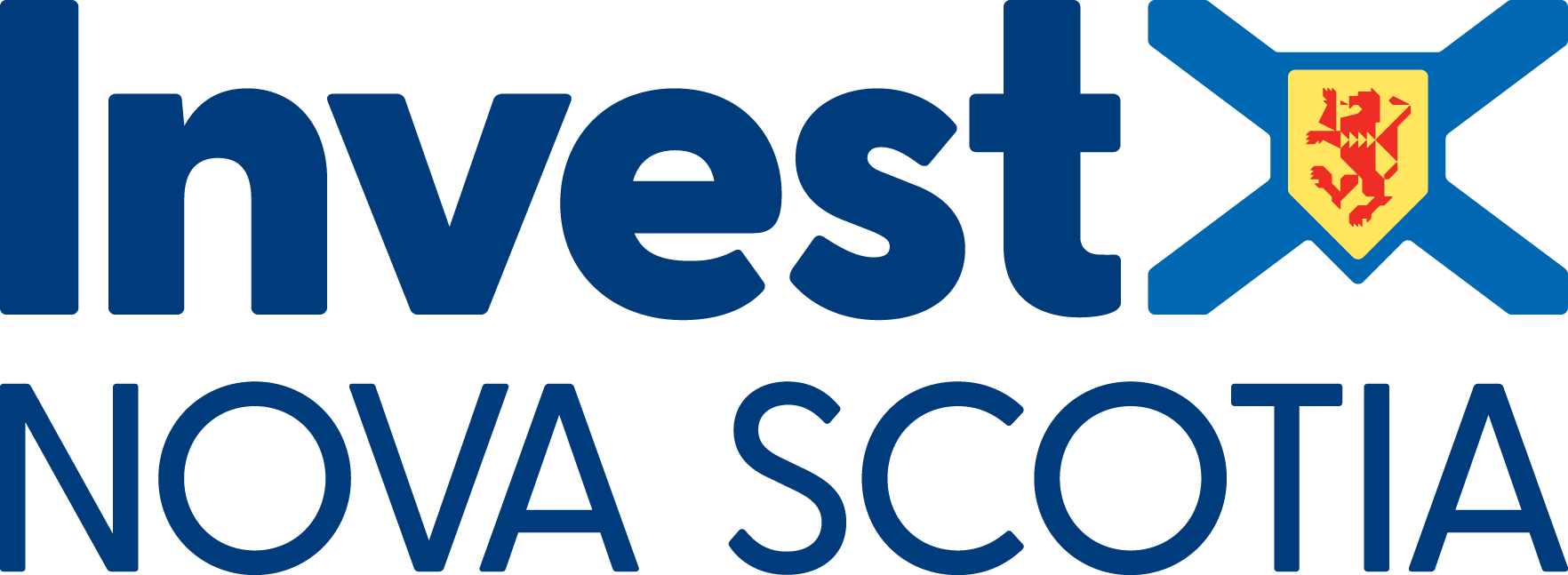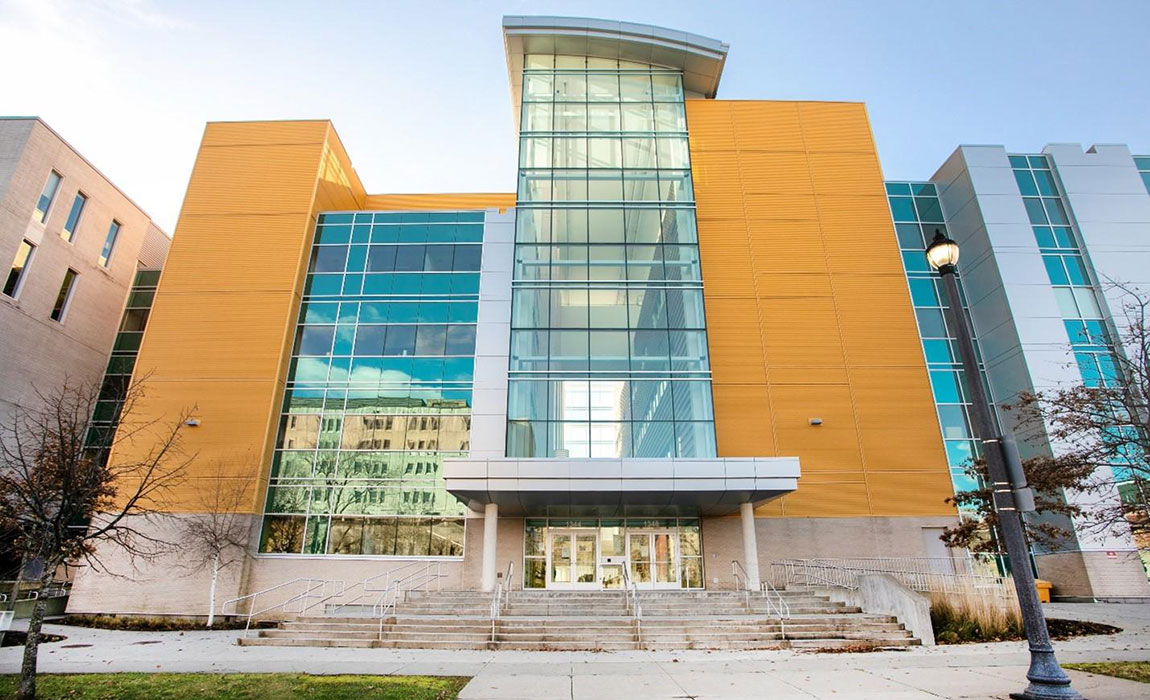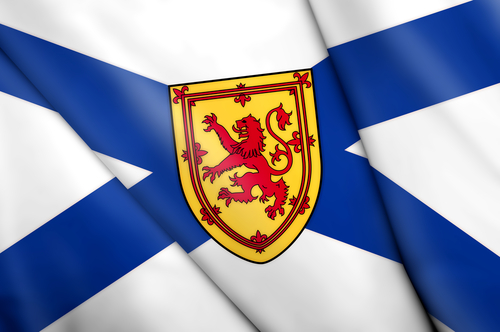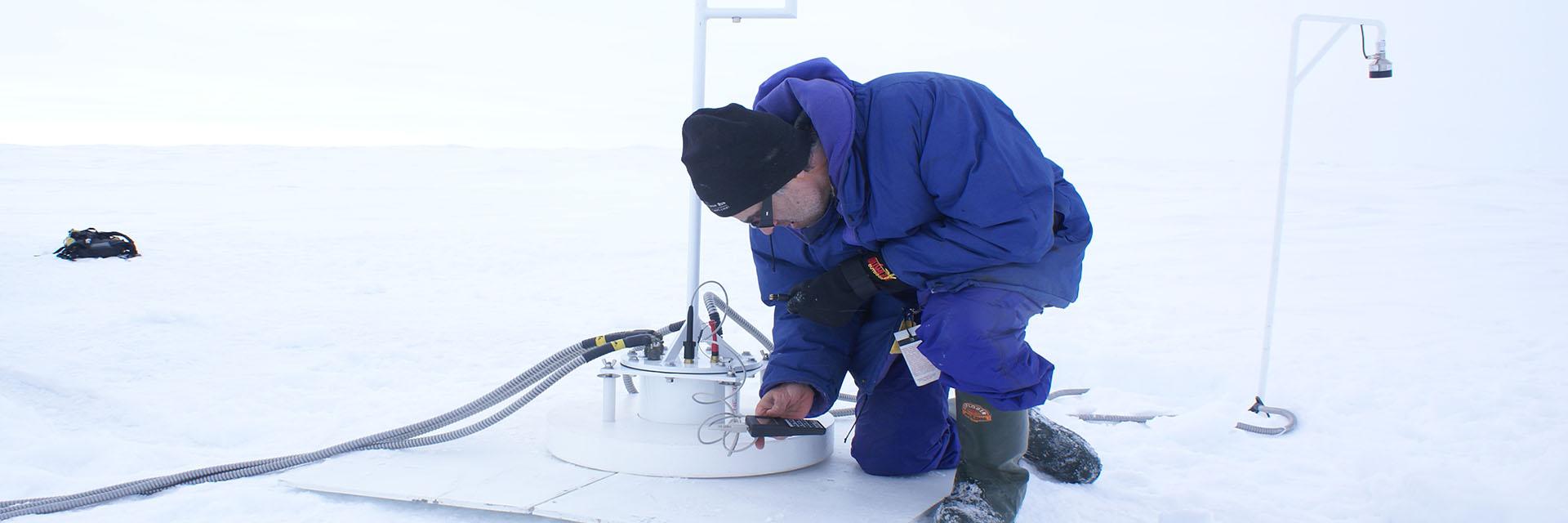MetOcean Telematics – Working Where Cellular Ends
Tuesday, August 29, 2017
Working from two fairly non-descript buildings in Dartmouth, Nova Scotia, Canada, a group of 80 people are disrupting the possibilities of real-time data – and they’re doing it from very, very remote places.
Before you immediately think search and rescue mission, think broader. Think oil platform safety, wildlife monitoring, battlefield logistics, robotic heavy equipment, ice melt monitoring, tsunami forecasting, hydrographic mapping – and yes, search and rescue.
Paul Hill, Business Development Manager, Telematics, explains the core of MetOcean Telematics. “We solve problems. We provide lifesaving solutions. We are embedded in every application you can think of. Whether that's personal communications as you hike on a mountain, or tracking fleet vehicles around the globe. The applications are endless. There are a million examples where we support people by getting data back in real-time from remote locations. Essentially, MetOcean Telematics begins where cellular coverage ends.”
We solve problems. We provide lifesaving solutions. We are embedded in every application you can think of.
To put what MetOcean Telematics does into perspective, consider that cellular services on the ocean are extended maybe 15 kms from shore. Look at a cellular map of Canada; only 15% is covered. As you move further north and away from shore and coverage, you have to switch to satellite.
For a company that got its start developing niche products for marine applications, the biggest game changer in MetOcean Telematics’ diversification was the IridiumTM satellite network. In fact, MetOcean Telematics was recently awarded the Canadian government award for IridiumTM services.
“This gives us direct access to every Canadian federal agency,” explains Paul. “Whether an office needs handsets for security or one of the rural departments needs them for search and rescue, we're directly connected to these 67 agencies, allowing us to educate and promote those users on the benefits of using IridiumTM.”
IridiumTM as a satellite constellation was launched in 1997, and Paul was the first person to turn on a transceiver in Canada. MetOcean Telematics works with IridiumTM only, and that's a conscious decision. As experts in IridiumTM integration, operation, support, and billing, MetOcean Telematics has greatly expanded its service offerings. Paul sums it up succinctly when he explains, “Today we are in the wireless business as opposed to just the ocean technology business.”
Today we are in the wireless business as opposed to just the ocean technology business.
This change in direction has also created new opportunities in familiar sectors, including defence and security, and ocean technology.
“I've been watching this unfold for a long time - autonomous underwater vehicles and unmanned surface vehicles, carrying out a whole multitude of different missions. Whether that's mapping the sea floor in real time or environmental monitoring. There will be growth in the robotics business. Remotely operated vehicles, autonomous underwater vehicles, and unmanned surface vehicles – all three segments in the ocean tech market are growing.”
Paul also advises following the money to uncover the opportunities.
“There's renewed funding within the navies around the world. Those are the types of metrics we consider, and we see really good things on the horizon for defense and security. If you look at the amount of security that's going on, well, that's increasing all the time, right?”
While optimistic, Paul provides sound advice for anyone considering the defence and security industry.
“You have to decide it's a market you're going to develop, and you have to be in it for the long term. Selling and defense and security is a long, long term commitment. We look at forecasted naval budgets because a lot of what we do in the defense world is focused on search and rescue, weapon-firing systems training, current monitoring, subsurface profiling, and acoustic applications.”
You have to decide it's a market you're going to develop, and you have to be in it for the long term. Selling and defense and security is a long, long term commitment.
Of course, doing business successfully in these sectors is dependent on exporting. With 80% of everything MetOcean Telematics does exported around the world and 25 years in the industry, Paul understands the market.
“The biggest challenges in exporting is making connections and the quality of the partners you develop on the ground. Just because a representative is good for a particular company, doesn't mean they are the right fit for you. In Asia, in China and Japan, for example, if you don't have good people in-country, it's not happening.”
And it’s not just about finding someone on the ground; you have to make the investment. Paul speaks from experience, “You have to bring them to Canada. You have to put them in your building. They have to meet your people. They have to meet your customers. You have to educate them. It's hard work. You have to invest hundreds and hundreds and hundreds of hours in your representatives and partners. It's a long-haul, you can't just expect this to happen overnight.”
Long-term commitment. Investments in people and partners. Market focus and responsiveness. All qualities that have led to MetOcean Telematics’ success. But ultimately those 80 people in Dartmouth are driven by a bigger responsibility; the importance of which is never lost on Paul.
“We take our work very seriously. When you start talking about people's lives, or their livelihoods, it's very important what we do. We come to work every day knowing we have an opportunity to save someone's life. That's a rewarding feeling when that actually happens. Everyone needs to be safe, and so that's the number one thing we do. It makes people's lives better.”





